2023 has seen a significant shift in the way we view packaging. 'Reduce, Reuse, Recycle' has become more important than ever, and companies across the country are working hard to create a more sustainable future. For instance, they are eliminating nuisance packaging from their ranges and embracing innovations that simplify the recycling process. We have set out some of the changes here, but quite a few companies already made changes to bring in more sustainable or reduced packaging last year.
Colruyt Group and Carrefour are scrapping as much nuisance packaging as possible
For example, retail giants Colruyt Group and Carrefour are on a mission to minimise the amount of nuisance packaging used in their products. Nuisance packaging is not recyclable and it can also interfere with sorting and recycling processes.
At Carrefour, for example, we are seeing less and less black plastic packaging, because it causes problems in sorting centres: optical separators have difficulty detecting it or miss it completely. To address this issue, Carrefour is replacing carbon black plastic packaging with light-coloured or transparent plastic packaging, or with different packaging systems. For instance, many black plastic trays in the fruit and vegetable department have been replaced by neutral (unbleached) cardboard or transparent single-material trays.
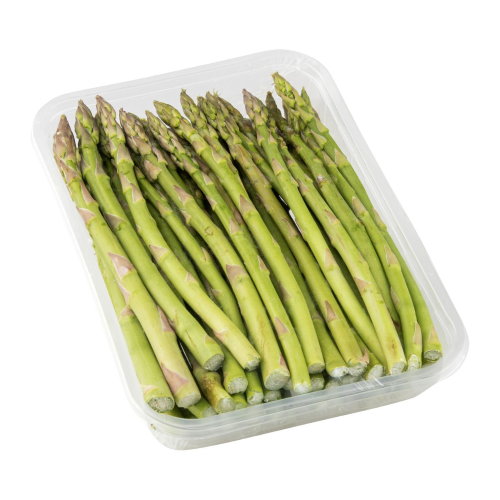
Colruyt Group is also determined to get rid of nuisance packaging. One example of this is multi-layer packaging. The sorting instructions in your waste calendar describe this as 'packaging consisting of a mix of materials that cannot be separated from each other'. Many pouches for drinks, wet pet food, baby food and cooking sauces are made from layers of different materials. The layers cannot be separated, so the materials are eventually lost. Colruyt Group has developed alternative packaging for their private brands, made from a single recyclable material.
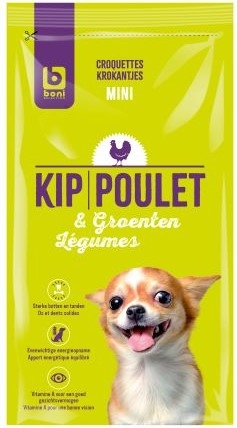
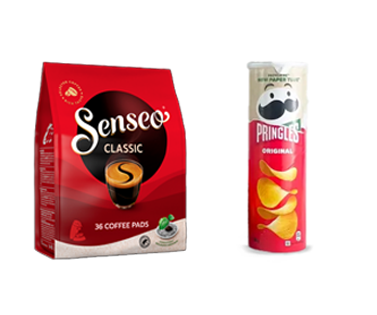
Established brands are opting for sustainability
It is not only retail groups that are making sustainable changes. Major brands such as Senseo and Pringles have also decided to use recyclable packaging for as many of their products as possible. Senseo, for example, has made sure that the bags for their coffee pods are no longer multilayer packaging. Now these are mostly made from polypropylene (PP), which means they can be recycled.
Crisp manufacturer Pringles also wanted to get rid of their iconic crisp tube, because it was not recyclable. That was because it was made from different materials (a paper tube with a metal bottom) that couldn't be separated. After five years of research, Pringles has designed a paper base that not only makes the tube recyclable, but is also perfectly hermetically sealed, keeping the crisps fresh for 15 months just like the old tube used to do.
Going the extra mile: less plastic and no packaging
Companies that put packaging on the market are not content with simply eliminating nuisance packaging. They are also taking another look at packaging that is allowed to go in the blue bag. Dairy brand Actimel, for example, has decided to remove the plastic labels from its iconic bottles. The bottles were always recyclable if they were put in the blue bag correctly, but the label around the bottles meant that they were not detected very well in the sorting centres. Leaving off the labels means that Actimel is now bringing less plastic onto the market and also improving the recycling potential of its products.
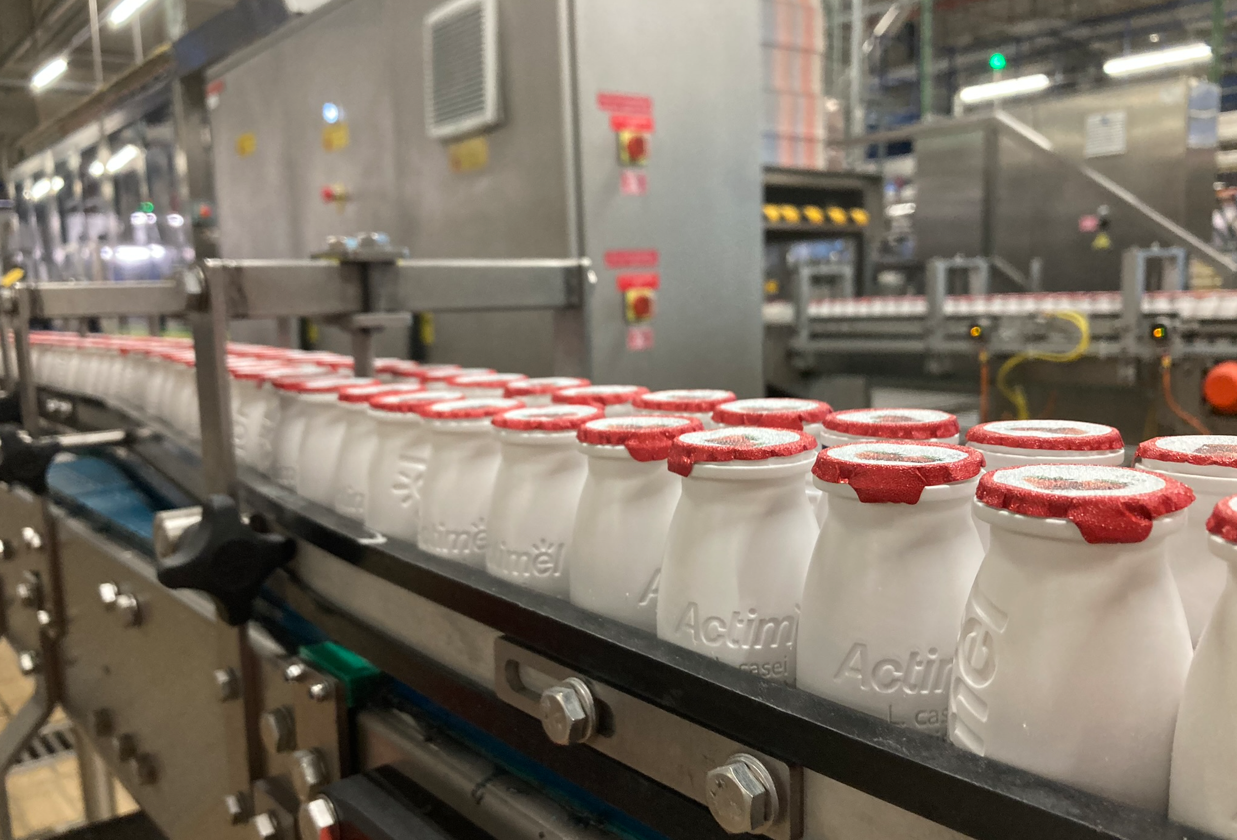
As well as replacing nuisance packaging, Carrefour is also asking why some types of packaging exist at all. For example, the retail giant believes that the packaging should be in proportion with the packaged product. Plastic bags of fresh herbs, for example, have become 10% smaller, but they still do exactly the same job as before. Carrefour has also removed the stickers on several types of fruit and vegetables that were already available in bulk. These have been replaced by laser printing, making packaging unnecessary.
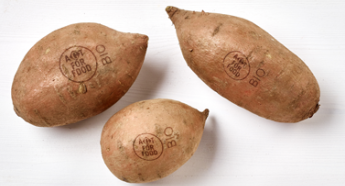
Belgium is clearly taking major steps to reduce nuisance packaging and pave the way for more sustainable choices in the future. Initiatives by companies such as Colruyt Group, Senseo, Pringles, Carrefour and Danone all show that the packaging industry in Belgium is accepting its responsibilities and actively helping to make the planet greener and cleaner. However, many other companies are also committed to rethinking their packaging. You can find more articles on this subject at fostplus.be!
